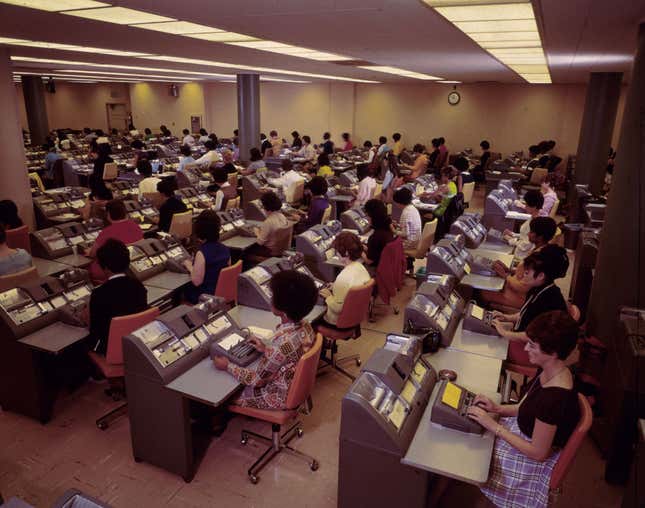Working Too Much Is Literally Killing Us, WHO Study Says
Latest

It turns out that working long hours—the thing we’re required to do in order to live, in our current societal arrangement—is also the very thing that might end up significantly shortening our lives.
A new study from the World Health Organization has found that some 745,000 people around the world died in 2016 from stroke and heart disease resulting from being overworked. People who worked more than 55 hours a week, researchers said, increased their risk of stroke by 35 percent, and their risk of heart disease by 17 percent, as compared to people with 35 to 40 hour work weeks. This increased risk is partly due to the stress associated with long hours and partly due to the habits people tend to adopt when they’re crushed by work: smoking, drinking, sleeping poorly, eating poorly, and exercising less.
-

-

-

-

-

-

-

-

-

-

-

-

-

-

-

-

-

-

-

-

-

-

-

-

-

-

-

-

-

-

-

-

-

-

-

-

-

-

-

-








































